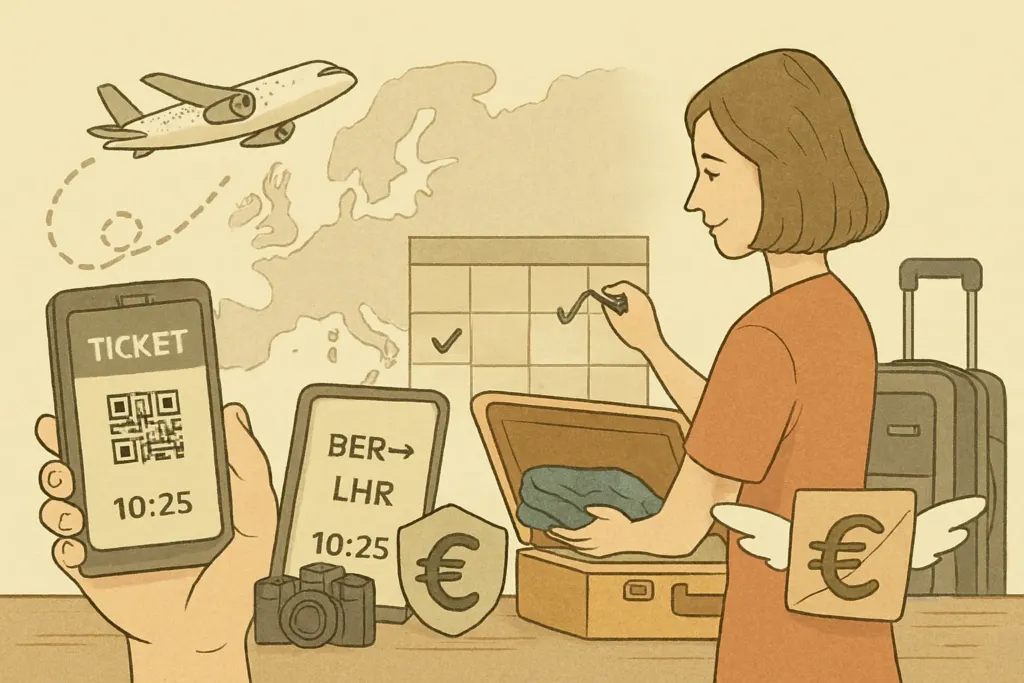In 2025, the European airline ticket market is showing steady growth, continuing its recovery from the pandemic while adapting to new economic and technological realities. Analysts estimate the market size at nearly $68 billion, with projections suggesting it will exceed $78 billion by 2029. This growth is driven not only by the resurgence of international tourism but also by the rapid development of digital sales channels.
Online ticket sales have become the dominant method of booking. Over 70% of all tickets in Europe are purchased via the internet—whether through airline websites, aggregators, or mobile apps. Consumers value the convenience, speed, and ability to compare offers in real time. Flexible fares, which allow changes to travel dates without penalties, have become especially popular in the wake of recent years’ uncertainty.
Low-cost carriers play a significant role in transforming the market. Airlines such as Ryanair, Wizz Air, and EasyJet continue to expand their route networks, offering ultra-low fares and stimulating both domestic and international travel. At the same time, traditional carriers are intensifying competition by adopting hybrid service models and personalized offers.
Technology is now an integral part of the ticketing process. Artificial intelligence is used for dynamic pricing, demand forecasting, and tailored promotions. Mobile apps allow users not only to purchase tickets but also to check in, select seats, and receive real-time flight updates.
However, the market faces several challenges. Rising fuel prices, geopolitical instability, and tightening environmental regulations are putting pressure on ticket prices and airline operating costs. The introduction of new CO₂ emission taxes and sustainability requirements is forcing carriers to invest in fleet modernization and route optimization.
Despite these difficulties, the outlook remains positive. In the coming years, intra-European travel is expected to grow, along with the development of new formats such as flight subscriptions and integrated transport services. The European airline ticket market in 2025 is a dynamic, tech-driven, and competitive environment where success depends on the ability to adapt quickly to changing conditions.
- Traveling to Russia
- Minsk (Belarus)
- Sanin Coast Road Trip
- Saami
- The Driest Places on Earth: A Journey into the Realm of Aridity
- How a traveler can earn on the road
- Win a four-night Greek getaway for two in one of the most stylish resorts in the Aegean courtesy of Sani Resort
- Armenia
- Monaco
- Manage your travel Place
- Morocco
- Derbent (Dagestan, Russia)
- Teatime at Cape Town’s 5‑Star Mount Nelson Hotel
- Chukchi
- Tsunami in Sri Lanka: the tragedy that changed tourism
- Sierra Leone
- The September 11 Terrorist Attack: How the Tragedy Changed Tourism
- Birds
- Leonardo DiCaprio: tourist places of his life and filming
- Indonesia











